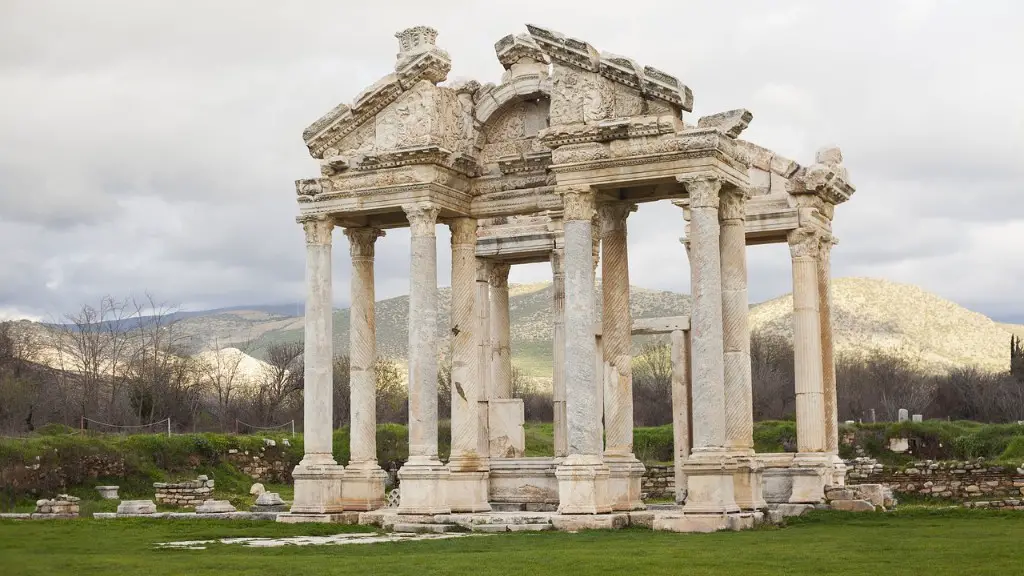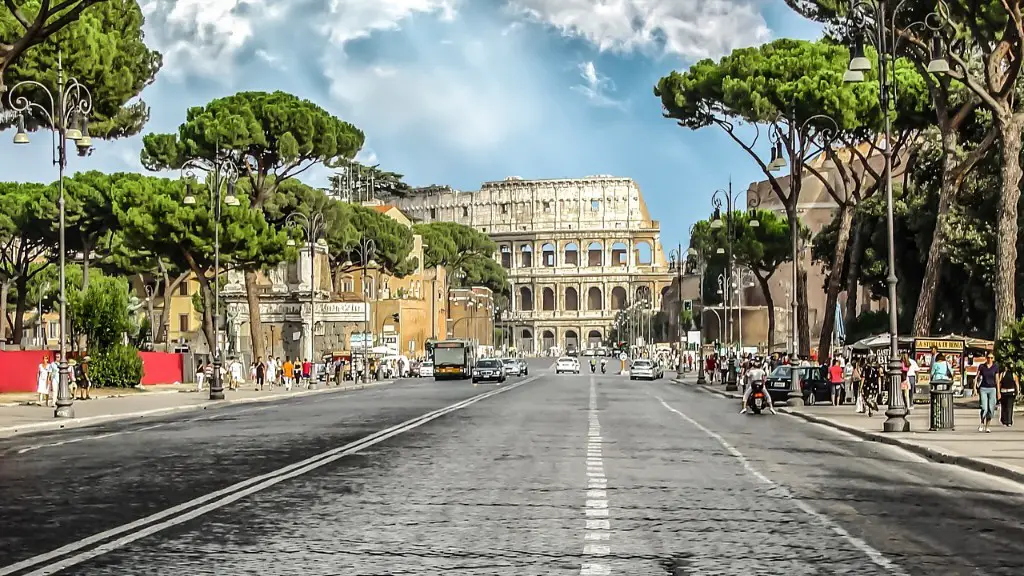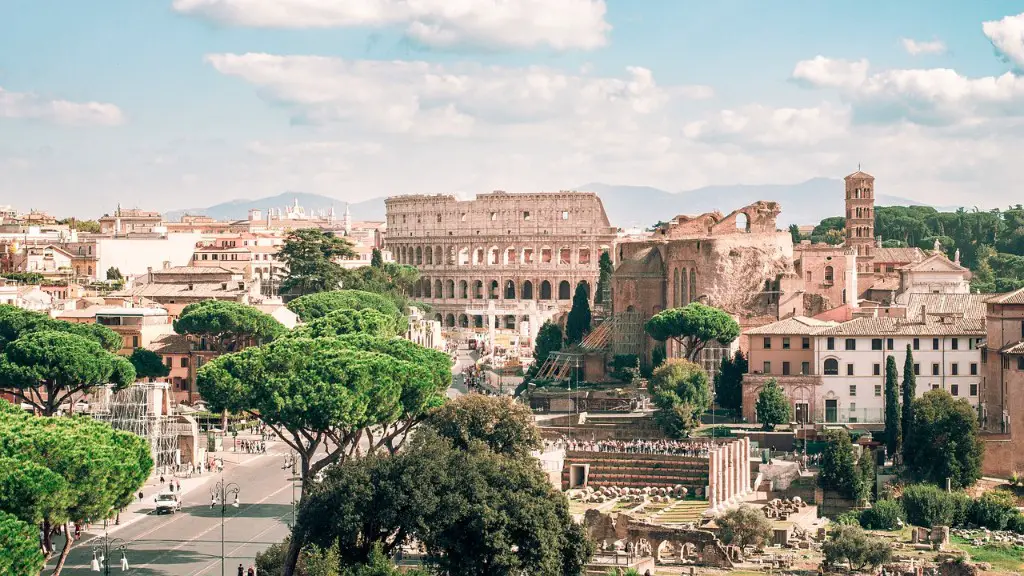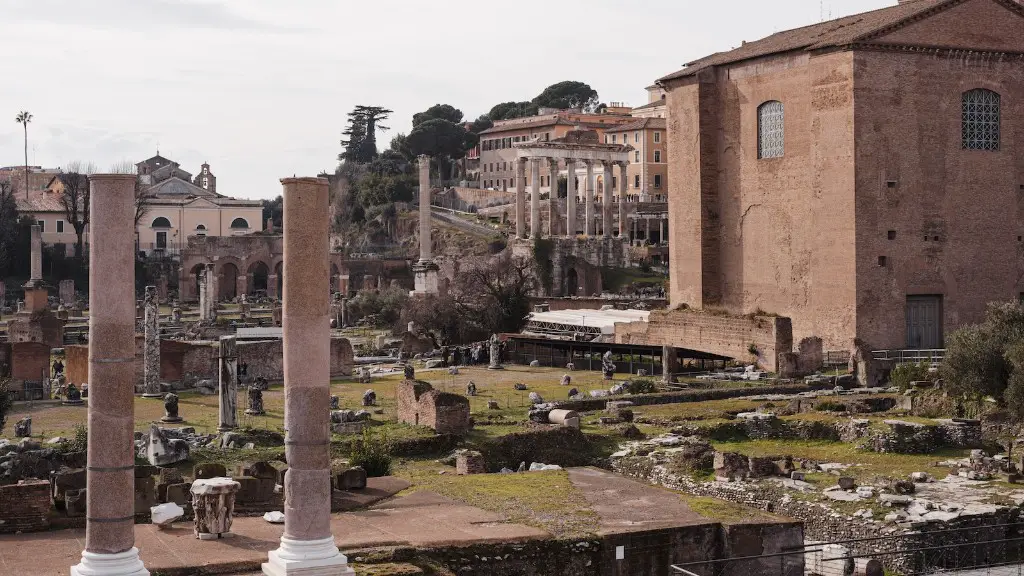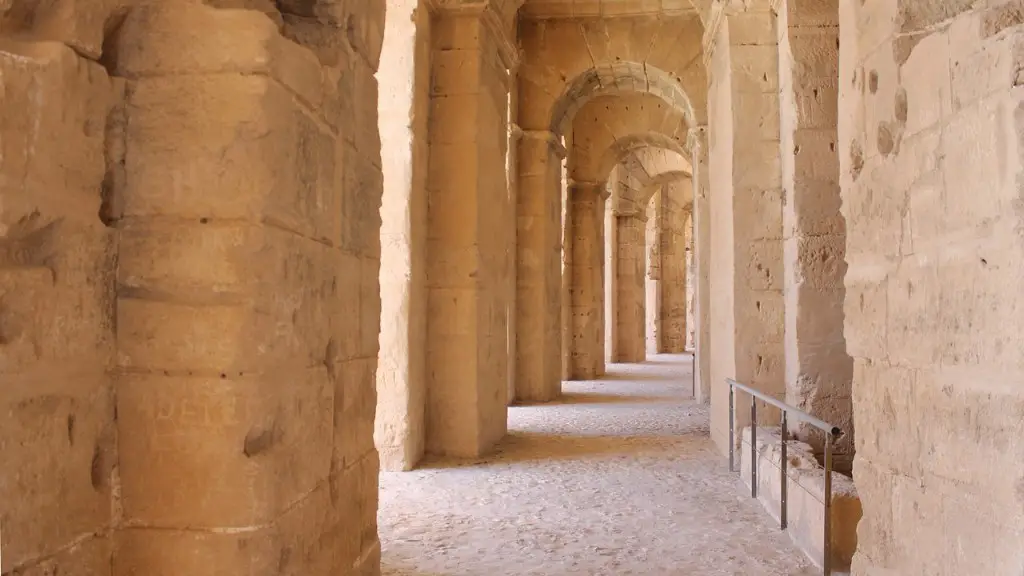Early Life of Dio
Dio of Prusa, also known as Dion Chrysostom, was a prominent Roman philosopher, orator and historian living during the Roman Empire in the late first to early second century. Born in Prusa (modern day Bursa in Turkey) to wealthy and well-known parents, Dio perhaps had the pedigree necessary to move around the upper echelons of Roman society.
According to Dio’s own writings, he was educated in the Peripatetic school of philosophy in Athens, gaining knowledge in mathematics, science and literature on top of the oratorical and rhetorical skills the school was famous for teaching. It was an education befitting a man of his social standing and his oratorical prowess enabled him to move around the powerful circles in Rome with relative ease.
It is known that Dio spent several years travelling around Asia Minor as a youth, taking in the cities of Ephesus, Smyrna, Halicarnassus, Colophon and Cos before finally returning to Prusa. Here his education allowed him to assume the prestigious position of sophist, a teacher of rhetoric. During this time he wrote the majority of the essays and encyclicals that he is well known for today.
Salt Speech to Emperor Trajan
The most famous incident in Dio’s life is his “Salt Speech” before Emperor Trajan. The Emperor, who was busying himself with plans of war against the Kingdom of Parthia, was unimpressed with the approach of the Roman people, who did not seem eager for battle. This can be seen from his response to the speech, when he said: “What a man of Greece tells us how dear a father should be to his subjects!”
In this speech, Dio admonished the Roman people for becoming too comfortable and apathetic to their situation, comparing them to a flock of sheep who need a fatherly shepherd to drive them to action. He called for a religious and patriotic fervor, praising the traits of courage, love of country and a strong adherence to the rule of law. He praised Trajan as the perfect embodiment of these traits and the just ruler of the Roman people.
In turn, Trajan granted Dio permission to remain in Rome, allowing him to educate others in rhetoric and philosophy. This permission, along with Trajan’s admiration of Dio’s speech, led Dio to teach in Rome for several years before his return to Prusa.
Legacy of Dio of Rome
Perhaps Dio’s greatest contribution to human civilization was his voluminous and incredibly detailed works as a historian, especially his 80-volume Roman History. He was one of the most prolific historians of the Roman Empire and his work acts as a precious source of information on the period. With his clear, precise and very analytical writing, he is credited as being one of the most important historians of all time. His work serves as a cornerstone for Renaissance authors, who often drew heavily on his writing.
Dio also wrote extensively on philosophical matters, particularly those of education and rhetoric. His thought and advice on the subject matter of these topics still remain relevant, with enthusiastic young orators studying his discourses and letters. The “Salt Speech” continues to be studied and is a staple of many rhetorical courses worldwide.
Overall, Dio of Prusa is seen as one of the great Greek authors and historians, being named as the most illustrious of Romans by the Roman author Quintilian. He is remembered for his impressive feats as an orator, philosopher, educator and historian and is an example of the immense talent present during the Roman Empire.
Writings of Dio about Ancient Rome
Dio wrote extensively on the many aspects of Ancient Roman life, culture and religion. He wrote in great detail on the Roman ritual of pontificium, or priestly sacrifice, as well as Roman deep-rooted superstitions, such as the belief that crows brought bad luck to those they cawed at. He was fascinated with the Roman history of their gods and myths, as well as their varied cultures and customs.
His most notable work was his 80-volume opus “Roman History”, a detailed investigation of the history and culture of Ancient Rome. It is the standard source for Roman history and its many volumes act as a trove of information reaching from the earliest period of Ancient Rome to the moment he wrote it. It is an invaluable insight into the life and times of the Roman people and has served as an invaluable insight into the Roman psyche ever since.
Dio’s works were not only enjoyed during his own lifetime but also had a lasting influence on medieval, Renaissance and modern writers. Virtually unknown before the 15th century, the Renaissance saw Dio’s writings become a major source for scholars, with many learning rhetoric and philosophy by poring over his works.
Philosophy of Dio
Dio was an ardent follower of the philosophy expounded by Aristotle, most often known as the Peripatetic School of philosophy. This school of thought held that the universe is run by an unchanging and eternal set of physical laws, with human life to be determined by their ability to comprehend and adhere to them. Therefore, he placed great value on an educated mind, teaching that knowledge was the cornerstone of a good life.
At the same time he concerned himself with the moral codes of the Roman people, which he regarded as a vital part of being a good Roman citizen. He believed that it was a civic duty for everyone to work to promote the interests of the Senate, as well as to respect and obey the emperor and other magistrates. He also believed in the importance of honesty and courage, applauding these qualities whenever he could and disparaging cowardice.
Role of Dio during his Era
It is clear that Dio was an influential figure during his lifetime and beyond. His writings changed the way Roman history and culture were seen by his contemporaries and future generations of historians. He was a major influence on European literature, with his writings being widely studied and cited, due to their combination of vivid detail and analytical precision.
Despite being a philosopher, his “Salt Speech” to Emperor Trajan was more of a political speech and helped to galvanize the Roman people behind the Emperor’s campaigns. He was seen as a trusted advisor by Trajan and he was even granted permission to remain in Rome to teach rhetoric and philosophy. This is a testament to the respect he earned in Roman society, making him one of the few Greeks who were not perceived as second class citizens.
Dio was held in high esteem by his contemporaries and is still held in high regard today. His works are invaluable sources of information for scholars and his philosophical writings still capture the imagination, being seen as a particularly insightful look at the world. He is seen as one of the most important contributors to Roman letters and continues to remain an important figure of the Roman cultural landscape.
Other Works and Books of Dio
Outside of his notable historical works, Dio wrote polemics, tragedies and orations on a variety of topics. Most famously was his “Olympian Oration”, which he presented to the athletes of the Olympic Games. He spoke in praise of human ambitions and of the Olympic Games as a whole, giving advice to the athletes about how to compete and arguing for the beauty of striving for excellence.
He also wrote dozens of books about a range of topics, from public oratory and politics, to mathematics and natural science. One of his later works was an ethical treatise, discussing the nature of justice and virtue. He remained an avowed Stoic philosopher until his death, and his works are still treasured by those who seek to understand the workings of the Roman Empire.
Later Years of Dio
Dio was initially well-regarded by Trajan and enjoyed a great degree of freedom in Rome. In 117AD, however, he incurred the Emperor’s wrath by organizing a banquet in honor of his son, Hadrian, who would later become Emperor. This led to his expulsion from Rome and his return to Prusa to resume teaching philosophy. As time passed, more of his works were published and his thoughts were gradually accepted in the wider Roman world.
In the last two decades of his life, Dio retired from public life and dedicated himself to teaching, lecturing and writing. He preached wisdom and the superiority of virtue, recording his thoughts in the books mentioned earlier. These works earned him the reputation of being a wise old man and he passed away at the age of seventy.
Conclusion
Dio of Prusa was a prominent Roman philosopher, orator, teacher and historian. He is one of the most important writers of the Roman Empire, leaving behind his impressive works on rhetoric, philosophy, politics, mathematics and natural science. His writing continues to be studied by scholars and his “Salt Speech” remains the benchmark of rhetorical excellence.
Though his life was full of controversy and he eventually had to withdraw from public life, Dio’s legacy remains. He is still seen as one of the most important and influential voices in the Ancient Roman world and his works continue to enlighten and inform people about the Roman Empire.
